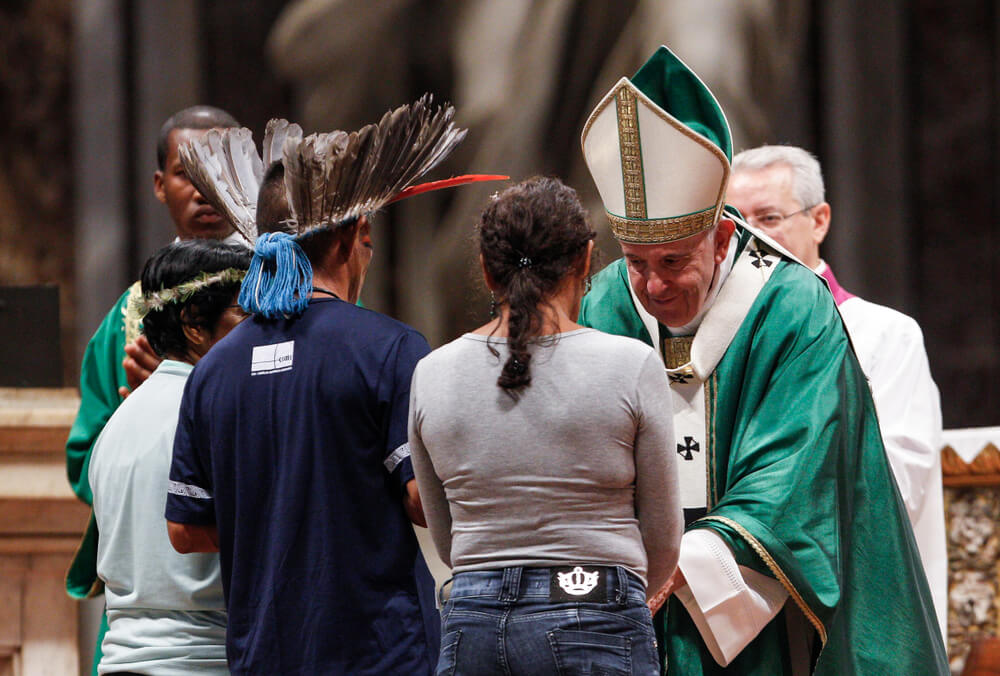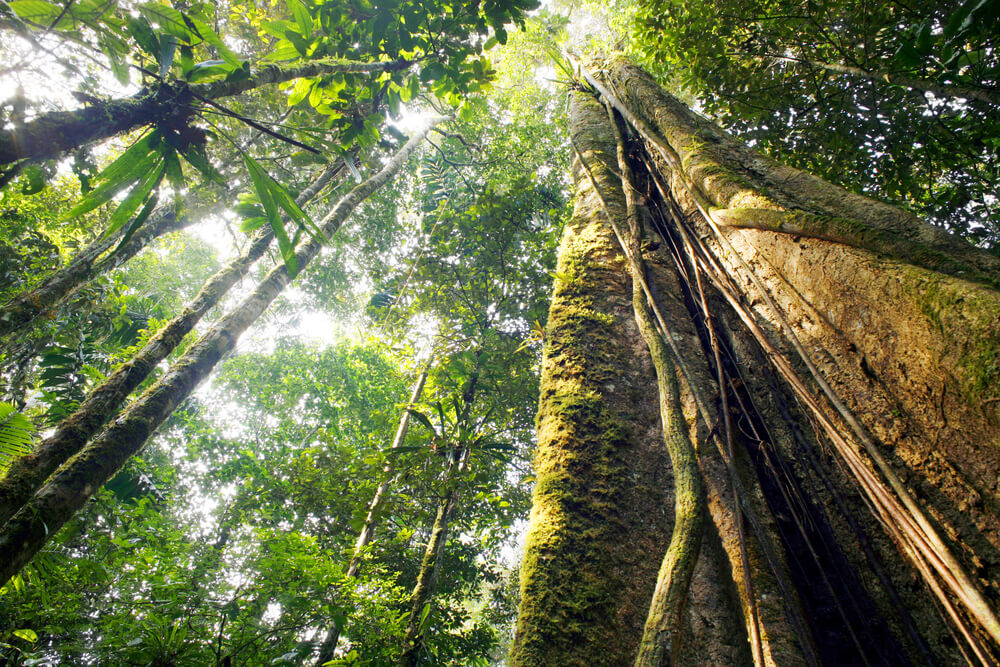Eyes have been on the Vatican’s Amazonian Synod for months. Worries and rumors have swirled… will the Catholic Church allow married men to be ordained in the Amazon? What will this mean for priestly celibacy across the world? On February 12, Pope Francis released his Post-Synodal Apostolic Exhortation, “Querida Amazonia”. This document contains some clear answers to the questions that remained after the October 2019 synod. Let’s take a look at what it contains.

The piece of Querida Amazonia garnering the most attention focuses on the idea of priests ministering in the Amazon. Whereas a pre-synodal document introduced the idea of ordaining married men to bring the sacraments to remote areas of the Amazon, Pope Francis shifted the focus to encouraging vocations and the importance of the laity.
“Priests are necessary, but this does not mean that permanent deacons (of whom there should be many more in the Amazon region), religious women and lay persons cannot regularly assume important responsibilities for the growth of communities, and perform those functions ever more effectively with the aid of a suitable accompaniment,” he wrote.
He spoke of the need for more priests and missionaries to minister in the Amazon, where the faithful rarely have the opportunity to receive the sacraments. He also acknowledged that priestly formation must be structured so that priests may learn to effectively minister to the indigenous peoples found in the Amazonian region.
Pope Francis wrote, “This urgent need leads me to urge all bishops, especially those in Latin America, not only to promote prayer for priestly vocations, but also to be more generous in encouraging those who display a missionary vocation to opt for the Amazon region.”
While much of the media’s attention was focused on reaffirmation of priestly celibacy, Pope Francis wrote extensively about the ecology of the Amazon, the plight of the poor, and protection of the vast array of cultures there.
“If the care of people and the care of ecosystems are inseparable, this becomes especially important in places where ‘the forest is not a resource to be exploited; it is a being, or various beings, with which we have to relate’. The wisdom of the original peoples of the Amazon region ‘inspires care and respect for creation, with a clear consciousness of its limits, and prohibits its abuse.’” – (Querida Amazonia, 42)

